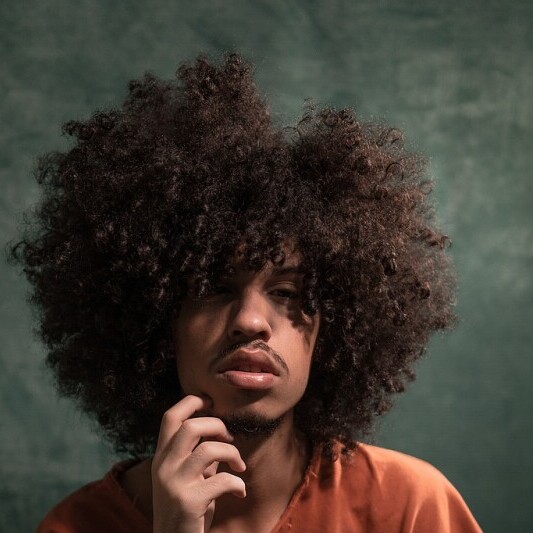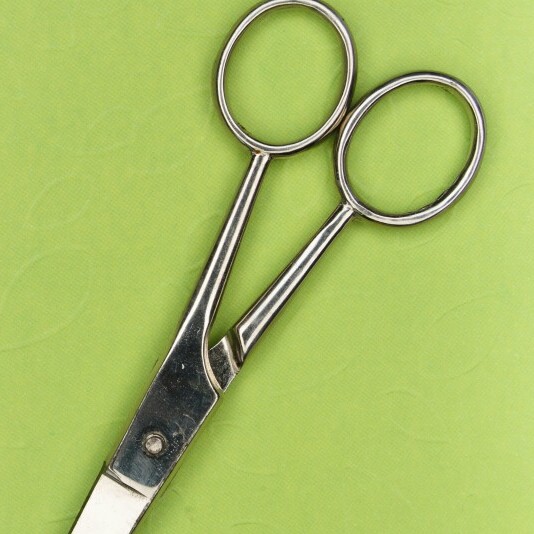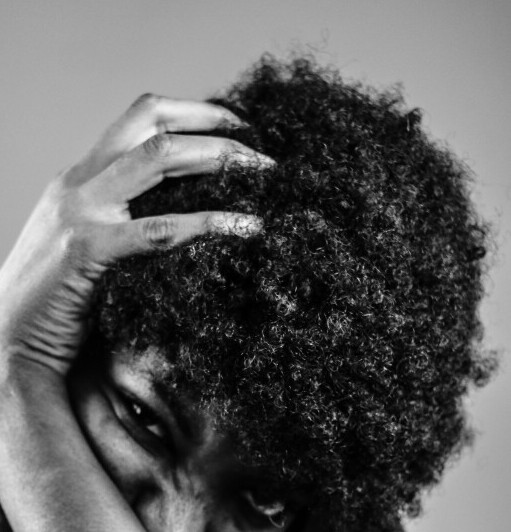Afro hair is a stunning gift, diverse and full of character. It comes in shapes and textures that tell stories, a testament to the uniqueness of the cultures it represents. What sets afro hair apart is its structure—tight curls or coils that can range from soft to strong. These curls might seem high-maintenance, but they promise the beauty of texture and volume unlike any other.
Caring for afro hair means understanding its features like porosity, density, and elasticity. These aren’t just fancy hair science terms but insights into how your hair absorbs moisture, how thick it feels, and how far you can stretch those curls without snapping them. Knowing these will change how you approach hair care altogether, ensuring you’re not just preventing damage but actually nurturing.

Now, let’s shake loose those myths. Some folks think afro hair grows slower or needs less frequent washing. Not true! It grows just as fast as any other hair type—it just curls on itself, which can make length changes less noticeable. Regular washing is essential, using products that feed your hair’s thirst and maintain balance, not that generic shampoo on the drugstore shelf.
Celebrating afro hair means embracing its glorious curls and acknowledging the versatility it offers. From wild and free afros to intricate protective styles, there’s a whole world to explore and enjoy. It’s not just about how your hair looks—it’s genuinely about letting your natural beauty shine unfiltered. Recognize the beauty in its diversity and let it be your crown.
Daily Moisturizing Rituals: Keeping Your Curls Lush
Keeping afro hair moisturized is like feeding a plant—essential for growth and glow. Afro hair thrives on moisture, soaking it up to stay supple and less prone to breakage. Identifying the right ways to lock in hydration every day can make a world of difference to your curls.
Start your day by dampening your hair with a spritz of water or a water-based moisturizing spray. This primes your hair, creating an optimal base for any products that follow. The goal here is not just about slathering on creams or oils; it’s about layering moisture effectively. Think of it as building a cake—layer by layer for maximum effect.

Natural oils play a big part in moisturizing afro hair. But here’s the kicker—oiling your hair every day might not always be the best approach. Too much oil can weigh hair down, making it limp and greasy. Instead, listen to your hair’s needs. Apply lightweight oils like jojoba or almond a few times a week to enhance shine and reduce dryness without the buildup.
Choosing between natural oils and commercial products can be tricky. Products with shea butter or aloe vera can offer fantastic moisture retention, but always check the ingredients for sulfates or alcohol, which can dry out your strands. Tailor your choices to your hair’s needs and preferences, keeping it balanced and hydrated.
Remember, moisture isn’t a one-time gig, it’s a daily commitment. A consistent moisturizing schedule leads to softer, more manageable curls—your hair’s very own happy place. Listening to your hair and adjusting your routine as needed will ensure those curls stay lush and lively, day in and day out.
A Consistent Hair Care Routine for Healthy Afro Locks
Building a solid routine for afro hair is a bit like crafting a perfect playlist—each step matters, and skipping one can disrupt the entire vibe. To start, know that consistency is key. Your hair thrives on regular love and attention, not random acts of care.
For those transitioning from chemical treatments to natural maintenance, patience is your best friend. As your hair comes into its own, gentle handling becomes crucial. Using a sulfate-free shampoo nourishes without stripping, while a deep conditioner provides the weekly TLC your curls crave.

Protective styles like braids or twists are your allies against daily wear and tear, especially in harsh weather. They minimize breakage by tucking away ends, which are the oldest and most fragile parts of your hair. But remember, even protective styles need breaks—your scalp needs to breathe.
Taking care of an afro is not a one-size-fits-all deal. It’s about tuning into your hair’s unique needs, exploring products and techniques, and seeing what your curls respond to best. Regular trims help keep split ends at bay, ensuring your hair grows strong and healthy. I normally trim every three months but you have to work best with the condition of your hair.
Maintaining afro hair effectively means embracing what works for you and being open to switch things up as your hair evolves. Explore lightweight filters for your shower to reduce chlorine and contaminants, keep a satin pillowcase handy to reduce friction at night, and let your curls shine with pride.
Solving Common Challenges: Expert Tips and Tricks
Every so often, afro hair might throw a curveball your way—dryness or tangles that make you want to throw in the towel. But don’t sweat it, a few expert tricks can set things right without a hitch.
Tackling dryness starts with drinking enough water. Hydration works from the inside out, giving your hair the moisture it craves. Complement your water intake with creamy leave-in conditioners; they add an extra moisture boost without the need for daily reapplication.
When it comes to tangles, grab a wide-tooth comb or your fingers to gently sort through any snags. Start from the ends and work your way up to the roots. It’s slower, but less breakage means your hair retains its shine and bounce.

Eco-friendly and ethical products deserve a shout-out too. They prioritize natural ingredients, keeping harsh chemicals at bay. This means you’re being kind to your hair and the planet. Look for certifications and do a quick ingredient check to ensure you’re making the best choices.
Budget can sometimes feel like a barrier, but caring for afro hair on a tight budget is totally doable. Simplify your routine: Invest in multi-tasking products and make the most of DIY remedies like aloe masks or avocado treatments. With a bit of creativity, your hair can thrive without breaking the bank.
Staying in tune with your hair’s needs and experimenting with these strategies will set you on the path to conquering the everyday challenges of caring for an afro. With dedication and the right tricks, your hair will not just cope, but flourish.
Leave a Reply